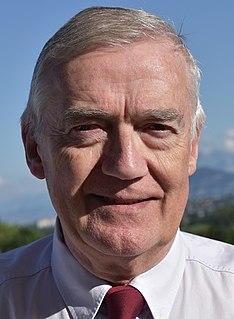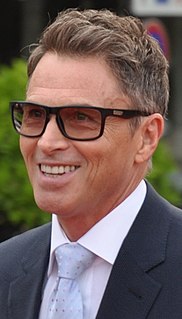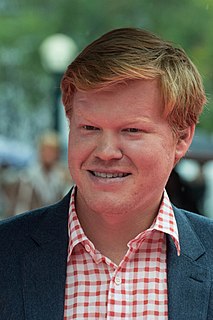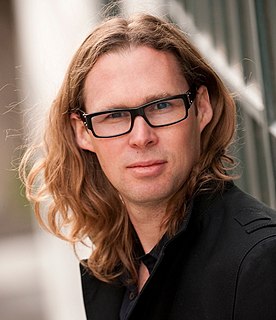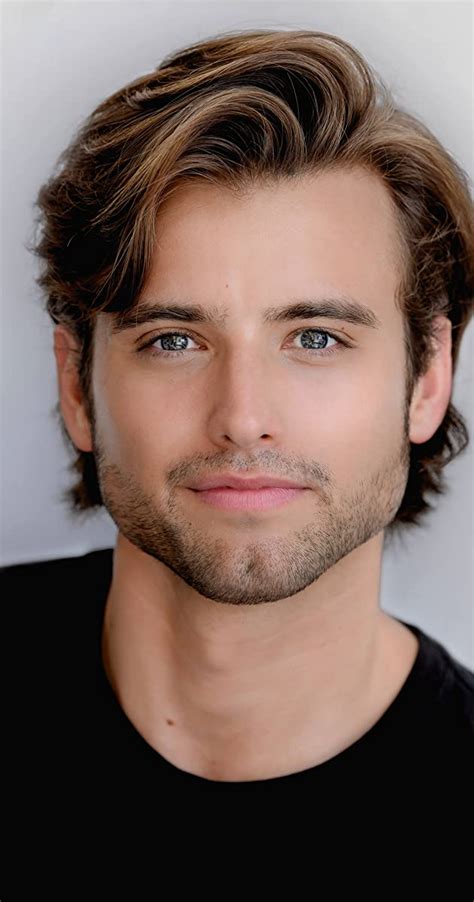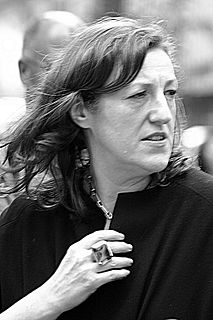A Quote by Robert Cailliau
If I sign up for Facebook and want my account destroyed, it is impossible. They keep tabs on you; there will always be a trace.
Related Quotes
In the early days, I loved Facebook. I loved being able to keep tabs on hundreds of college classmates all at once, of being able to tag all my dorm mates in the photos we took on our garbage 7 megapixel cameras, of creeping on crushes, of keeping up with every person I met at a party or in a classroom without doing very much work.
The world is like a sheet of paper on which something is typed. The reading and the meaning will vary with the reader, but the paper is the common factor, always present, rarely perceived. When the ribbon is removed, typing leaves no trace on the paper. So is my mind - the impressions keep on coming, but no trace is left.
